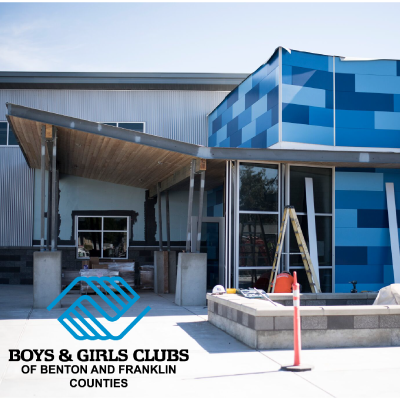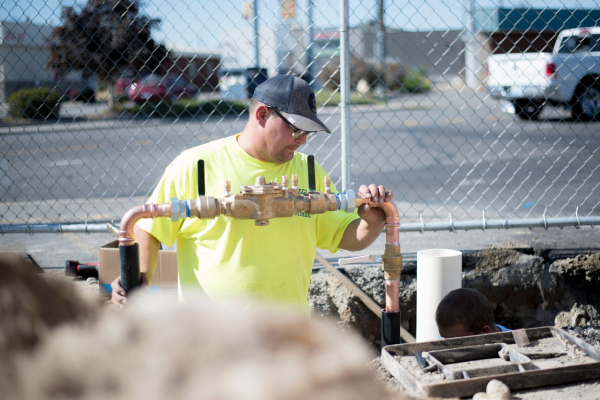Many plumbing repairs can be performed on a do-it-yourself basis. When your water pressure is low, you can clean the showerhead, check the water meter valve, or do several other easy repairs. When the trap under your kitchen or bathroom sinks leaks, you can tighten up the existing trap or purchase a new, inexpensive trap. But with so many plumbing repairs easily within your reach, how do you determine when should you call in a plumber Tri-Cities, WA.
Kennewick, WA Plumbing and Richland, WA plumbing
You Have a Rapid Water Supply Line Leak
It’s the classic moment that triggers a plumber’s visit: a water line bursts and causes major flooding throughout the house. While not common, this does occasionally happen. When it does, you need to be ready to act fast.
You Have No Water in the House
In instances when water stops flowing within your house, it is localized around one area, such as a bathroom sink or shower. But rarely will water stop flowing to your entire house.
You Have a Rapid Drainage Line Leak
If your kitchen sink or bathroom sink leaks from the trap directly below the counter, that is a fairly common issue that most homeowners can fix with simple tools and materials. Simply turn off the water, get under the sink, and replace the trap. In kitchens, the leak may be emanating from the garbage disposal. In this case, fix or replace the garbage disposal.
But drainage lines extend far beyond the sink cabinets and are not always so accessible. When a drainage line is actively leaking and is sealed up behind a wall or under a floor, you need to take immediate action. Calling a plumber is the most expedient way to fix this problem and prevent further damage to the drywall, paint, subfloor, or floor covering.
You Have a Sewer Line Leak or Gaseous Odors
A broken or blocked sewer line often manifests itself in your yard in the form of slowly accumulating pools of murky, smelly water or mushy soil. Or strange events happen indoors, like toilets filling when you run the sink or bathtubs filling with wastewater. You can always dig up the sewer line, locate the broken or clogged sewer pipe, then fix or replace it. But this type of do-it-yourself fix can take, at the least, several full days of back-breaking work.
The sewer line is the only line that carries all of your home’s wastewater out from toilets, sinks, showers, tubs, dishwashers, and washing machines. Your home cannot function without this line; all activities are paralyzed until you can fix this.
This is why it is so important to call in a plumbing company for this repair. The company can do a sewer line video inspection through the sewer line clean-out entry point. Augering out the sewer line with a motorized drain snake may fix the problem. If the line is irreparably blocked or broken, it must be dug up and replaced.
Your Water Heater Has a Natural Gas Leak
When you smell natural gas in your house, it might be attributable to an obvious source such as a stove that is turned on but is unlit. If you cannot locate the source of the gas or you can locate it but you are unable to turn it off, first open windows and doors before calling in a plumber. For natural gas odors near the gas meter, call the gas company. Gas companies tend to prioritize this problem and will show up sooner rather than later.
Sometimes, the source of the natural gas leak may be from your gas water heater. On most of the newer models, the water heater’s thermocouple, or flame sensor, is heated by the pilot light, signaling to the heater that all is well and to keep the gas flowing. If the pilot light extinguishes, the thermocouple shuts off the gas. This prevents gas from building up due to the dead pilot light.
So if you smell gas around the water heater area, this is not normal. The thermocouple may have malfunctioned or there may be leaks in the rigid or flexible pipes leading to the heater. These leaks may be in the couplings or the pipes themselves.


